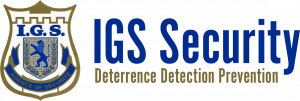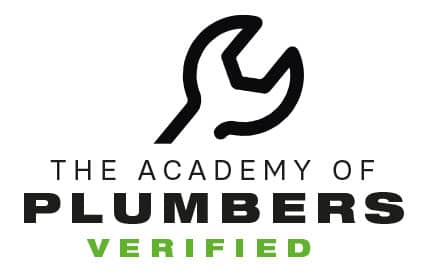Business property management has its own set of requirements in terms of ensuring the security and well-being of occupants. It is incumbent upon commercial property managers and owners to ensure that their property meets correct jurisdictional safety requirements.
Building rules, federal government provincial and municipal, open fire requirements, electric requirements and occupational security regulations all have a stake in the whole home safety assessment.
One of the most important components is work-related security. For commercial buildings, it is important to realize that commercial home protection policies will certainly overlap rules regarding work safety practices, which direct company owners to make sure that work environments are secure.
Since there is absolutely no single catch-all set of rules associated with commercial property safety, it could be hard for the property or homeowner to get a feeling of precisely what is necessary. As there is a lot that is needed by the government, working with a property security consultant in Montreal will help simplify the job.
To make sure that you are correctly protected when it comes to essential safety requirements, we have compiled a list to assist the property owner do a self-audit. While this is simply no alternative for appropriate home inspections, it will help to underline areas where protection laws might not be fulfilled.
Performing a Safety Review

Using the services of a property safety inspector will be a smart investment. Not only does it explain areas where safety is a concern, it will assist you to limit property liability over time.
It is recommended that homeowners conduct their own basic safety audit. By doing so, it is possible to discover safety infractions and correct them before they turn into a substantial concern.
The first part of performing a security audit entails an evaluation of risk. When doing the check, the following factors must be taken into account:
- Know who is in danger of injury
- Determining whether right safety precautions are adequate
- Identifying if the house conforms with relevant rules
The potential risks may be further subdivided into the following:
- Not likely to cause a major accident or damage
- Feasible to trigger an accident or injury
- Prone to cause a server incident or damage
- Most likely to trigger an accident or injury
- When these things have already been taken into account, it is time for to begin the basic safety study of the commercial property.
Fire Safety
Authorities regulate fire codes that all buildings in particular jurisdictions need to comply with. Buildings have to adhere to fire codes. City rules may possibly apply too as well. Fire-safe practices are among the primary areas of concern for any business property owner. Make certain that the property contours to all relevant rules are important.
Electrical
Just like open fire rules, there are codes in place governing power systems. Electrical security rules happen to a commercial responsibility.
While wrong electric contacts and wiring can mean fire risks, they may cause potential personal injury through electric shocks. Wrong electric systems may also lead to other safety problems.
Sanitation
The amount of sanitation necessary for commercial property is different depending on the kind of what is taking place. However, there are minimum standards that are a must under federal laws. Generally, sterilization is an essential basic safety requirement, since it has the probability of negatively affecting a property occupant’s wellness.
Summary
There are many issues to consider when performing a commercial property safety review. Joining hands with an expert home safety inspector is extremely important. The expert will help analyze the condition of the property and decide where security requirements are not followed.





